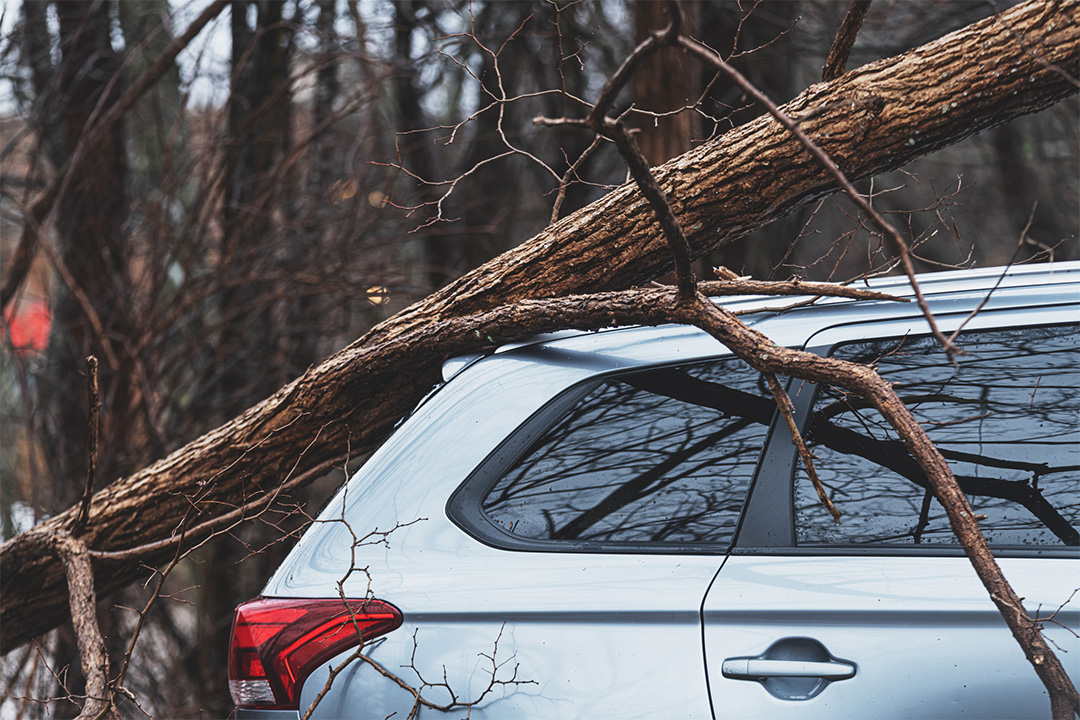Commonly Asked Questions About Comprehensive Coverage
What’s the difference between comprehensive and collision coverage?
When purchasing comprehensive coverage, you’ll often see it bundled alongside collision coverage. Although the two coverage types cover damage to your vehicle, there is a crucial difference between the two. Comprehensive coverage will cover the repair or replacement costs after your car is damaged in a non-collision incident. Collision coverage, however, covers the repair and replacement costs after a damage-causing collision with another vehicle or object.
What are typical comprehensive coverage limits?
Comprehensive coverage will pay for the repair and replacement costs for your vehicle, but only up to your policy’s limits. Exact limits may vary, but most providers cap payouts at your vehicle’s market value right before the accident. This is also called your vehicle’s actual cash value (ACV).
Do I need to purchase comprehensive coverage?
Comprehensive coverage isn’t typically required unless you finance or lease a car. If you own your car outright, you can decide whether the additional coverage is worth it. For example, if you own a new car, it may be wise to purchase comprehensive coverage to avoid paying for expensive repairs after a damage-causing incident.
Does comprehensive coverage involve a deductible?
When you purchase comprehensive coverage, you’ll have the option of choosing your set deductible. In car insurance, a deductible represents the amount you must pay out of pocket towards a claim before your insurer handles the rest, up to your policy’s limits.
